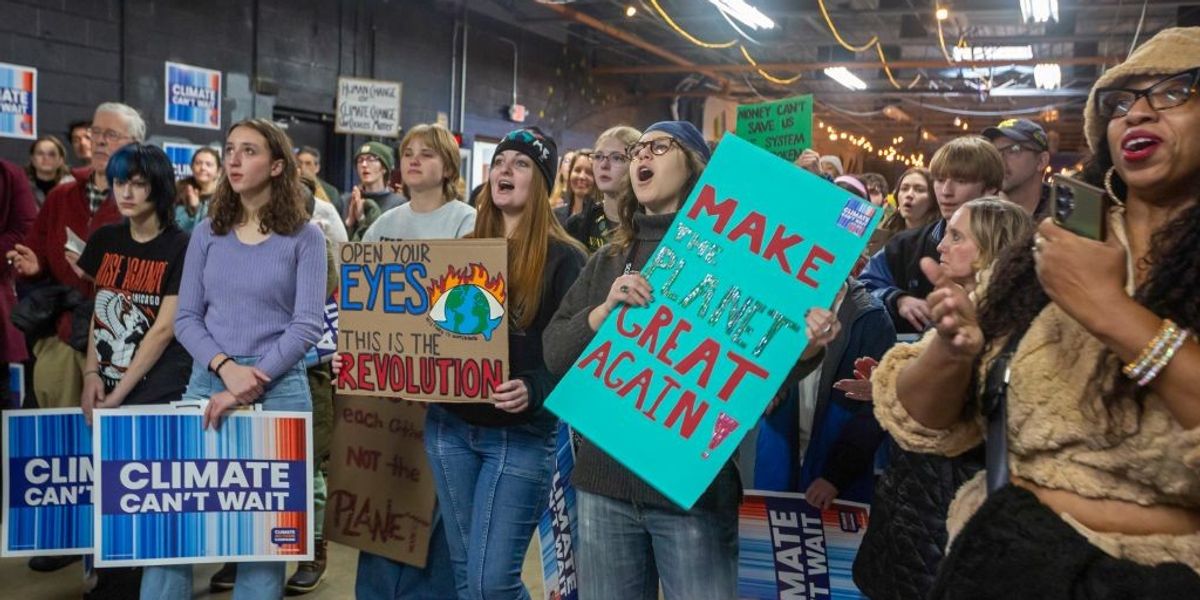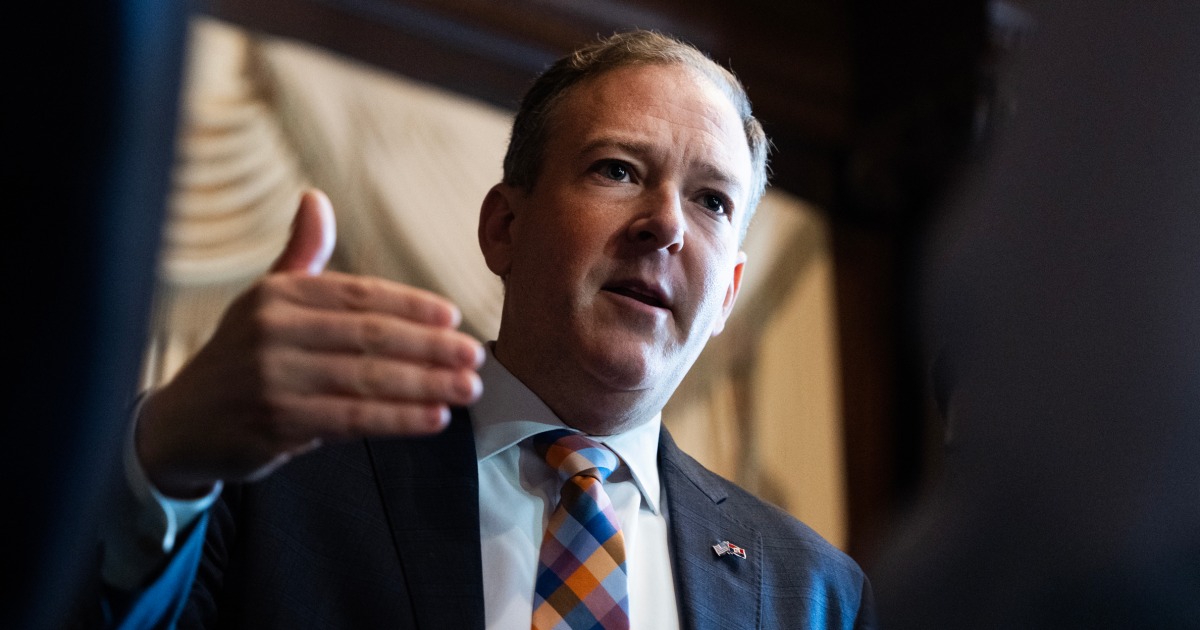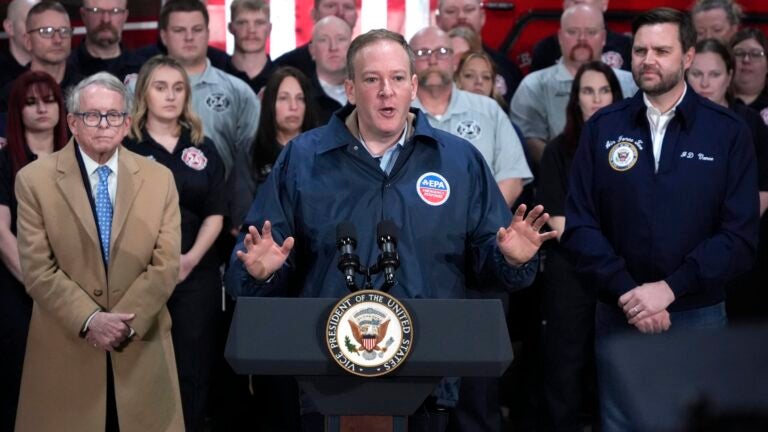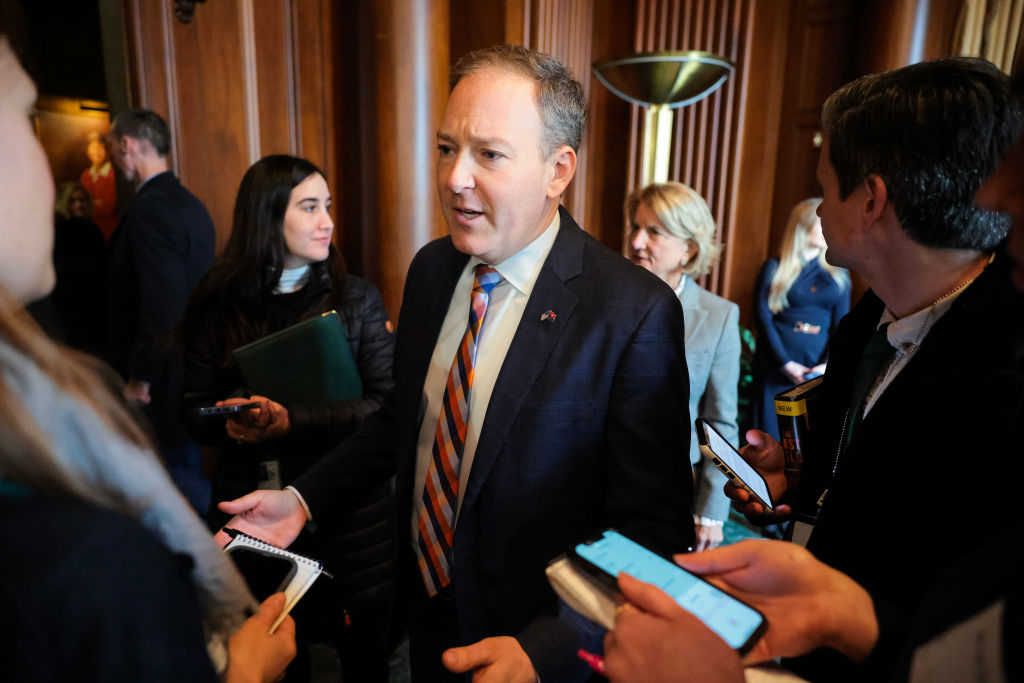EPA Unveils Historic Deregulation Moves, Reconsidering Key Environmental Protections
EPA Administrator Lee Zeldin rolls back 31 environmental regulations, intensifying the agency's shift away from renewable energy and emissions controls amid widespread backlash.
Overview
In a landmark shift described as historic, EPA Administrator Lee Zeldin announced the rollback of 31 environmental regulations, aiming to cut industry costs and deregulate air, water, and toxics protections. The proposed changes target emissions standards for vehicles and power plants and revisit the agency’s endangerment finding from 2009, which determined greenhouse gases pose a threat to public health. Environmental advocates have condemned these actions as detrimental to climate action and public health, warning of increased pollution and potential legal challenges ahead.
Content generated by AI—learn more or report issue.

Get both sides in 5 minutes with our daily newsletter.
Analysis
- The EPA is undertaking 31 deregulatory actions, which some view as significantly shifting environmental policies to focus on supporting economic interests while facing challenges regarding scientific findings on climate change.
- The reconsideration of the endangerment finding regarding greenhouse gases poses a complex legal challenge, as it forms the core basis of many federal climate actions outlined in the Clean Air Act, impacting emissions regulations and standards.
- Dialogue surrounding emissions policies emphasizes the necessity for legislative solutions rather than purely executive actions, advocating for comprehensive reform instead of piecemeal deregulation.
Articles (11)
Center (6)
FAQ
These moves significantly impact U.S. climate change policies by potentially undermining the legal basis for regulating greenhouse gas emissions and shifting focus away from renewable energy and carbon reduction programs.
Environmental advocates warn that these actions could lead to increased pollution, harming public health and exacerbating climate change, while the EPA argues they will lower costs and boost economic activity.
These changes will likely face numerous court challenges from environmental groups, as they must go through the federal regulatory process and may not stand up to legal scrutiny given the overwhelming scientific evidence supporting current climate regulations.
History
- 4M

 5 articles
5 articles








